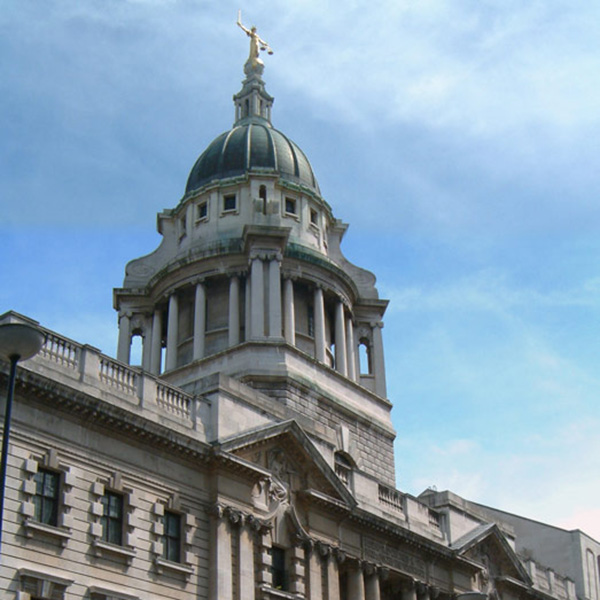Sir James Dyer
1510 – 1582
Just north of Wincanton to the east of the road to Bruton is a locality known as Roundhill. Here, in 1510 was born a boy who would become a senior personage in the judicial system of England and establish the system of reporting law cases that is still followed today. Thus, he paved the way for legal precedent, a concept that lies at the heart of our justice system.
Through affiliation to Strand Inn during the 1520s and Middle Temple from about 1530, James Dyer was called to the bar c1537.
He continued his rise as bencher in the 1540s and serjeant at law from 17 October 1552. He became MP for Wells around 1547 and in 1553, became a knight of the shire for Cambridgeshire where he was, by then, based. He attained the highest echelons of our justice system with appointment as Justice of the Peace for Cambridgeshire and Speaker of the House of Commons in 1553 – a role currently fulfilled by Sir Lindsay Hoyle.
Further advancement came as judge of the court of common pleas in 1557, becoming Chief Justice of the Common Pleas from January 1559 until his death in 1582. (Common Pleas Division was abolished on 16 December 1880, its function merged into the King’s Bench Division, with the Lord Chief Justice of the Common Pleas becoming Lord Chief Justice of England and Wales).
These were Tudor years; until 1547 the king was Henry VIII. He, of course, was succeeded by the boy king, Edward VI, who reigned for only six years, dying aged 15. Queen Mary I then succeeded, followed in 1558 by her sister, Elizabeth I.
Sir James obviously conducted himself with probity and avoided the upheavals that beset the years of Henry’s reign and the difficulties that came with the reign of a minor. He also navigated through the more regressive ways of Mary, his career culminating in the times of Gloriana.

He may be viewed as the first law reporter; his system of reporting law cases has endured into the modern legal era. Dyers reports enabled reference to previous cases, thus establishing the concept of legal precedent that has held sway ever since.
A quote from Coke gives a clear overview of the man:
“A judge of profound knowledge and judgment in the laws of the land, and principally in the form of good pleading and true entries of judgments, and of great piety and sincerity, who in his heart abhorred all corruption and deceit; of a bountiful and generous disposition, a patron and preferrer of men learned in the law and expert clerks; of singular assiduity and observation, as appears by his book of reports, all written with his own hand, and of a fine, reverend and venerable countenance and personage.” (Coke, 9.14v–15)**
Dyer is a name still widely found in this locality, though probably not directly descended from Sir James, his brother’s grandson, Sir Richard Dyer of Huntingdonshire, being his heir.
**[Sir Edward Coke (usually pronounced ‘Cook’) was one of the two leading constitutional lawyers of the Elizabethan period. He was also the founder of the Holkham estate in Norfolk. He and Bracton are quoted on constitutional matters, even today.] With thanks to Peter Fitzgerald.
